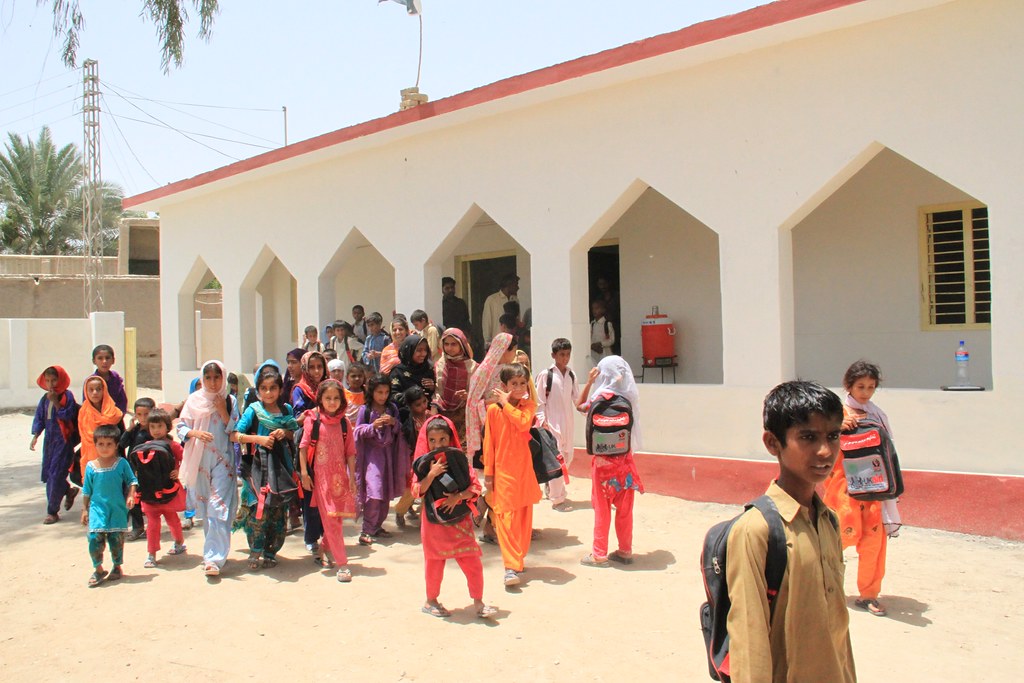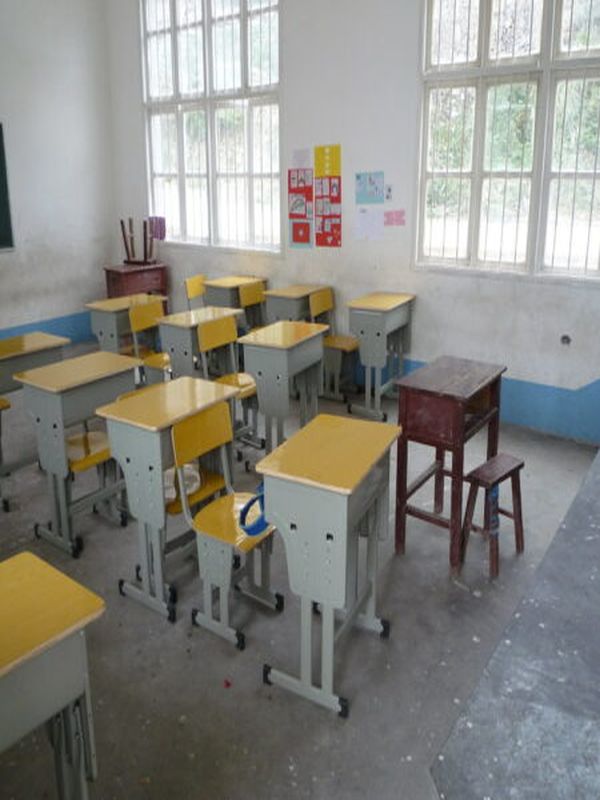SNC and My Right of Freedom to Choose?
A parent’s perspective on Single National Curriculum (SNC)
By Fida Mohammad
Parents should have right to choose the education they desire as best for their child(ren). It isn’t and should never be the prerogative of the state. The SNC is an intervention which will likely have little positives.
Steering a market is not possible, and when we try to steer it, we cannot call it a market. Rather it becomes an unfair, unhealthy and disastrous machine with economic, social and political implications [1]. This is the same thing we have done with the Single National Curriculum (SNC). Our government started this big mega project of redefining the national educational curriculum with an intended magical effect. It appears that there is some magic wand which will put the entire country on track. And it will do it by making every child study the same curriculum.
It doesn’t matter whether he goes to a primary government school in Lakki Marwat or an “A” class school such as Lahore Grammar School or Army Public Schools[2]. Keeping all other logic aside, the idea itself reflects the impractical nature of this political gimmick. However, as problematic as the idea is, I would like to discuss how this intervention is a violation of basic human rights.
Why is the state making decisions about the supply in the education market? The private, public, Cambridge and madrassa systems are some of the suppliers in the education market at the primary level. Now, I as a parent will be choosing a product based on my preferences, my income and my socio-cultural background. What justifies the state as being an authority competent enough to decide the education future of my child? Would it not be absurd if we fill a super store with one product, one price and one quality? The SNC is nothing but the same sort of impractical supermarket.

The SNC violates some basic human rights and also takes the right of choosing a product (in SNC’s case) “curriculum” that parents would want for their children. It gives the parent no right to choose the type of education they want for their child. Instead, it assumes that the state is in better position than the parents themselves to decide. Although, in the context of subcontinent, the state is a monstrous entity. Still, a democratic system must allow a citizen to exercise their right of “Freedom to Choose”.
By doing so, the state is intervening in the market which is likely going to lead to bad education levels, a broken and centralized educational system, characterized by “more than required bureaucratization”. If there is one thing we don’t need, it is more bureaucrats in an already over-staffed state[3].
Also, the state machinery is constituted by public office holders, bureaucrats and in modern day Pakistan a new specie known as consultants. The elected officials always belong to the financial elites of the country. Most of their children go for higher education to metropolitan cities of Europe and USA. The bureaucrats, after joining the bureaucracy through an outdated mechanism of competitive exams become a part of the elite segment[4] and they are then able to afford better and quality education for their children in mostly elite schools like Beacon-house, Froebel’s and Lahore grammar school.
This raises three very important questions:
- Why should these elites decide for me what education is my child going to get?
- What about the conflict of cultural and social values with the SNC. Despite knowing that informal constraints are deep rooted, are SNC designers ignoring this important aspect?
- Wouldn’t there be any conflict of interest if the same people who want to distinguish their children and want a better education are making the decision to offer the same product will available for sale to everyone?
The SNC defies economic logic, it is a good political slogan but it is as impractical as the notion of classless society. Educational institutions are suppliers and they supply in response to what the market demands. Influencing and regulating them through the SNC will cause irreparable damage. Curriculums cannot be nationalized and nationalized curriculum cannot be rationalized. It about time we learn from Freidman that it’s not the intentions but the results that matter and the expected results in this case are disastrous.




